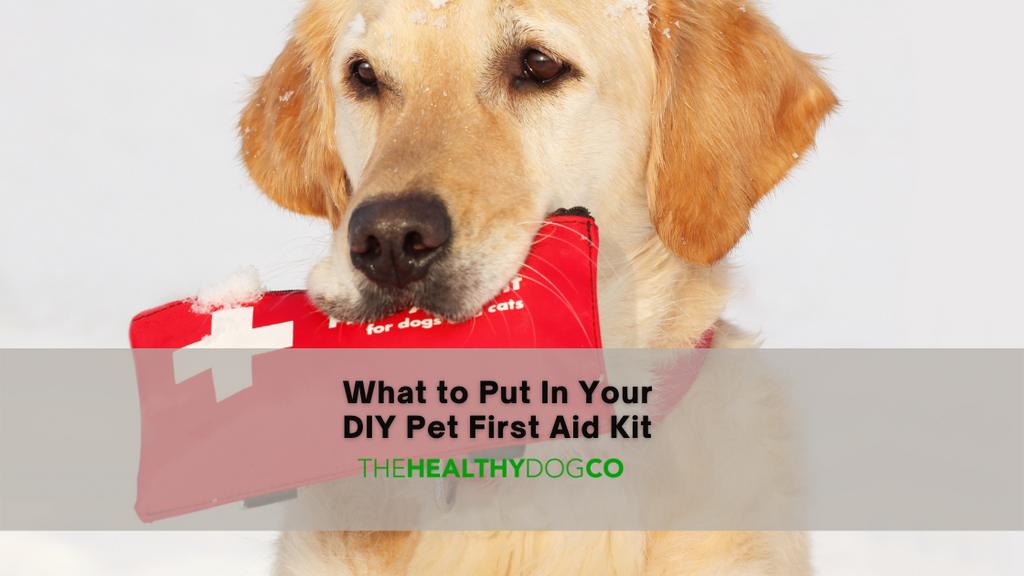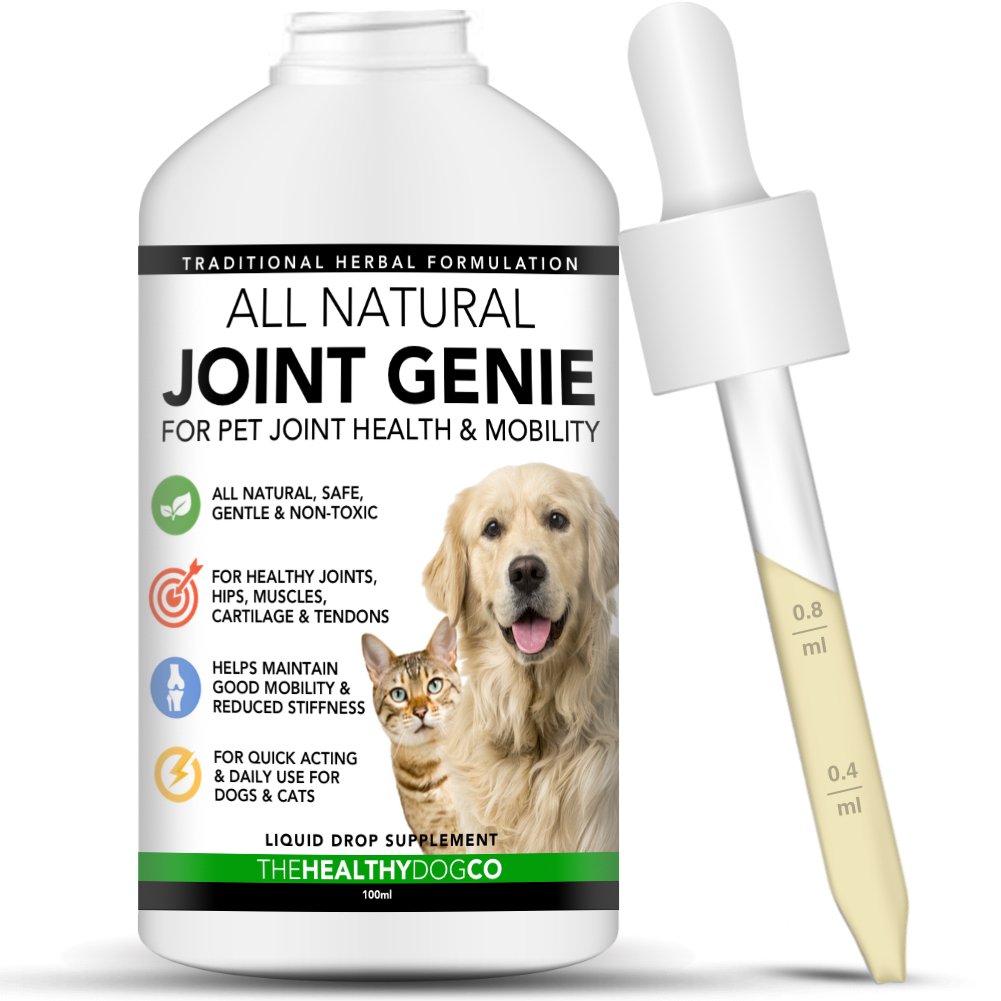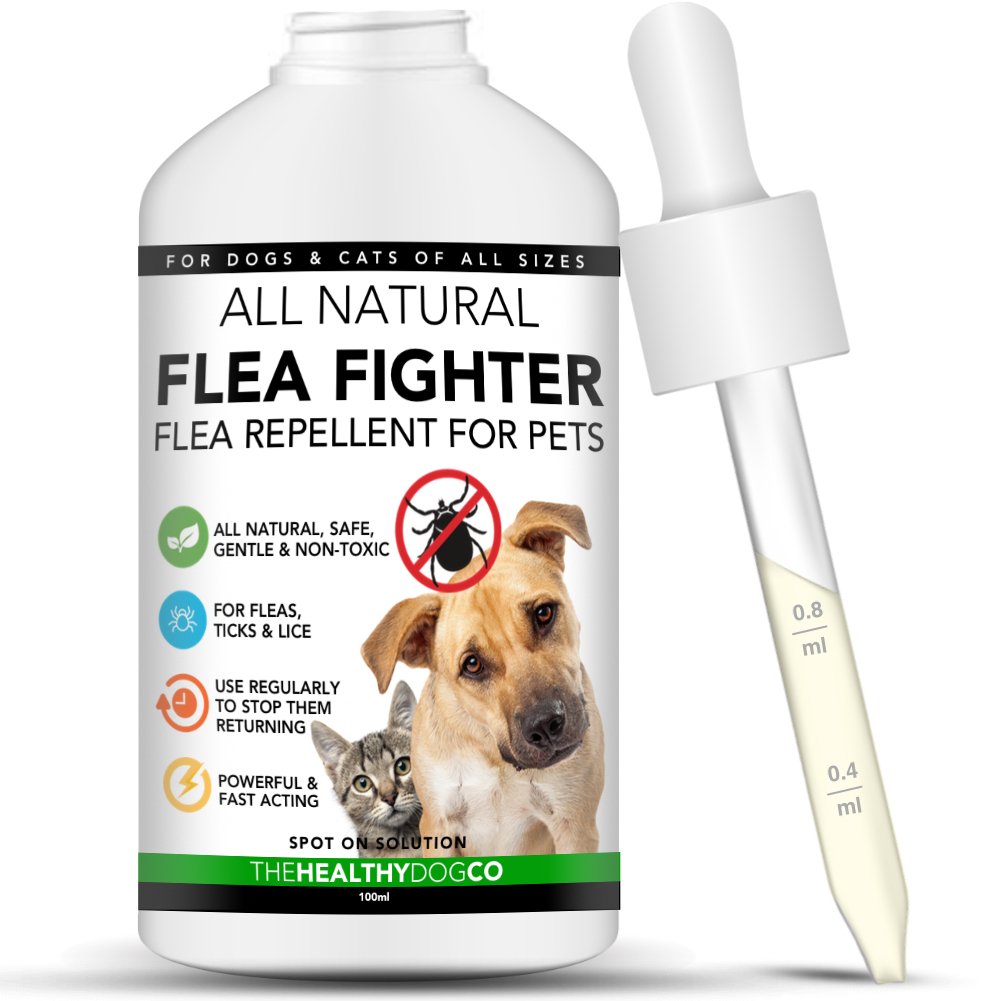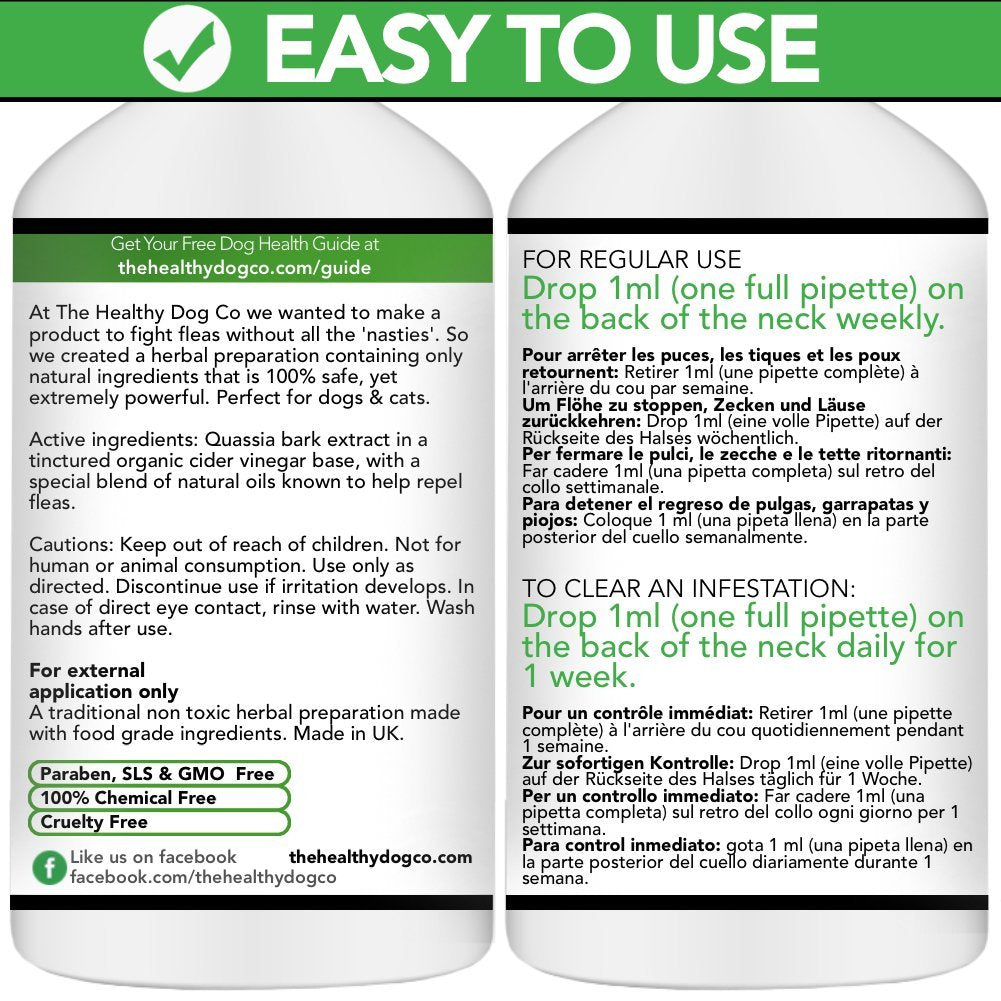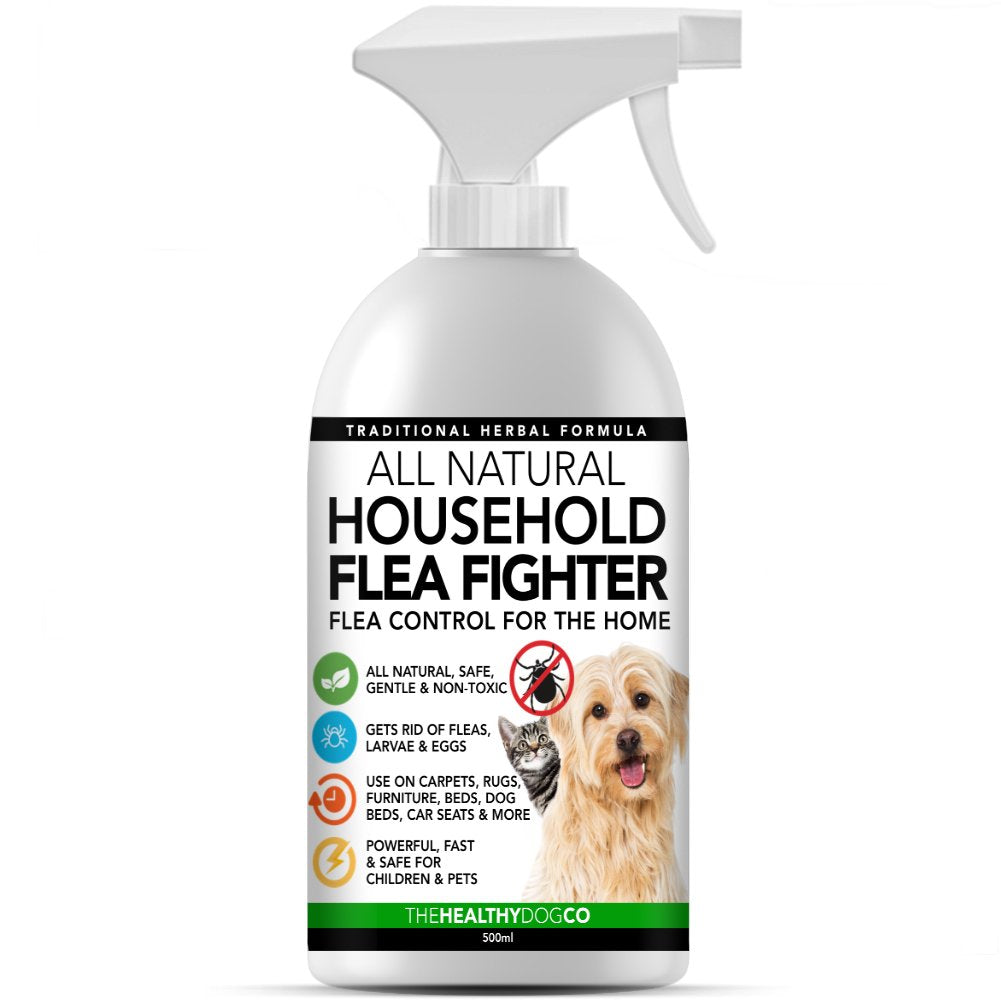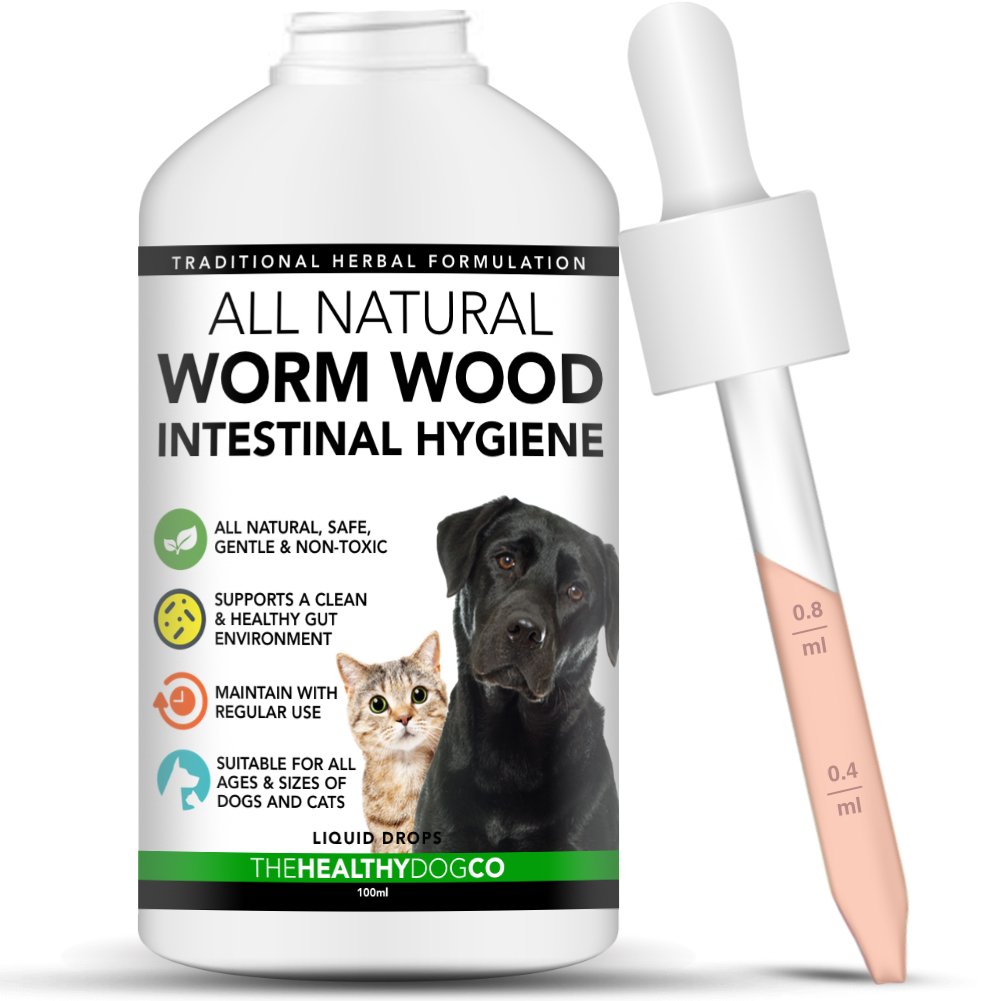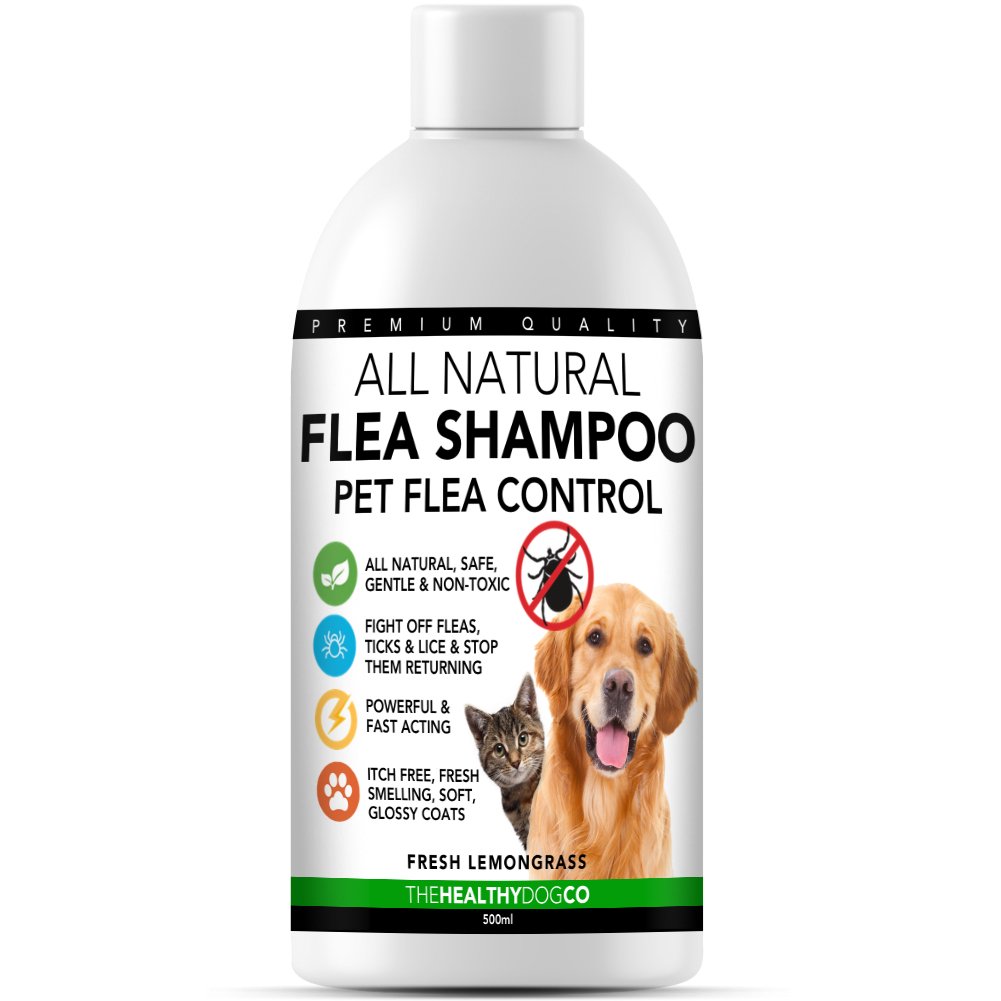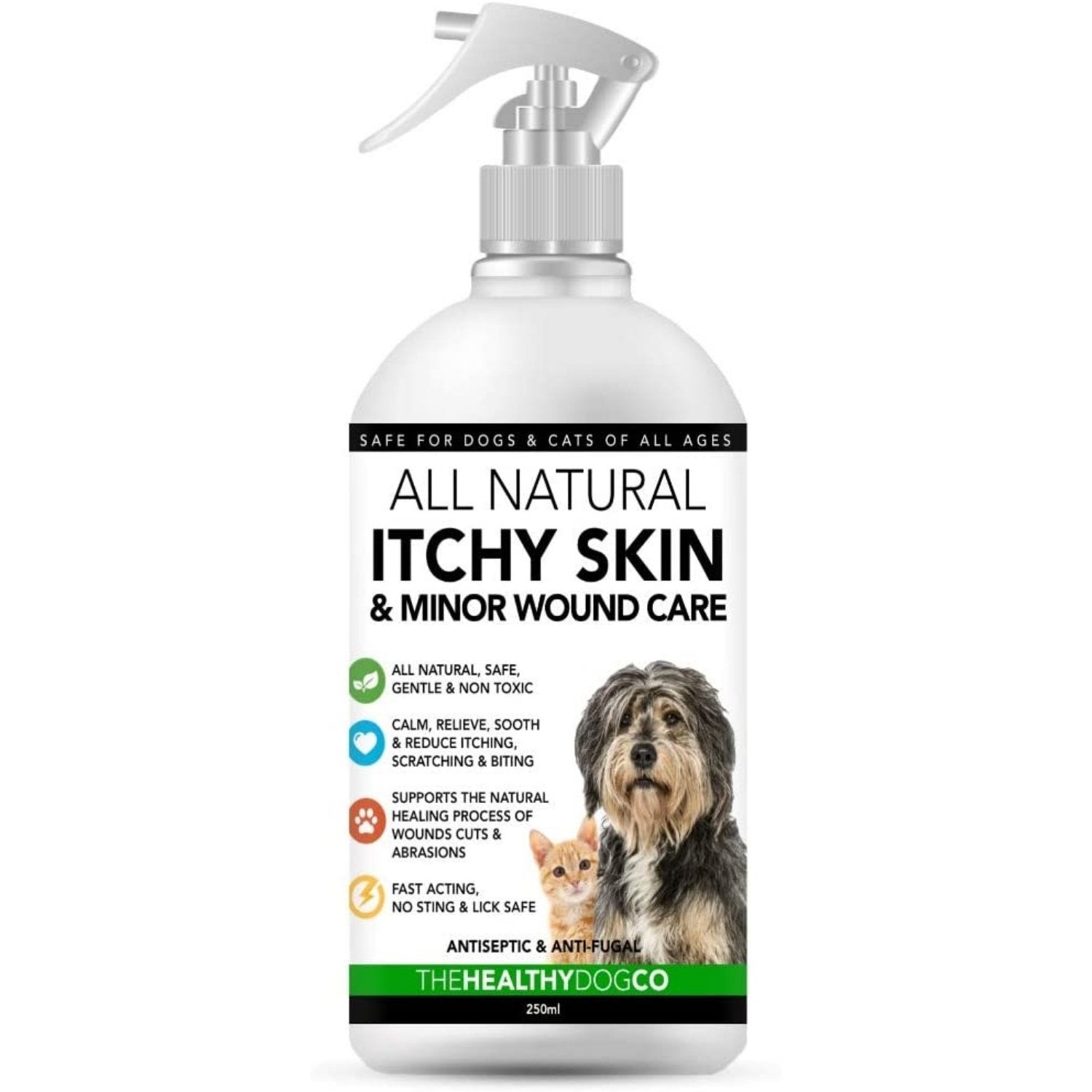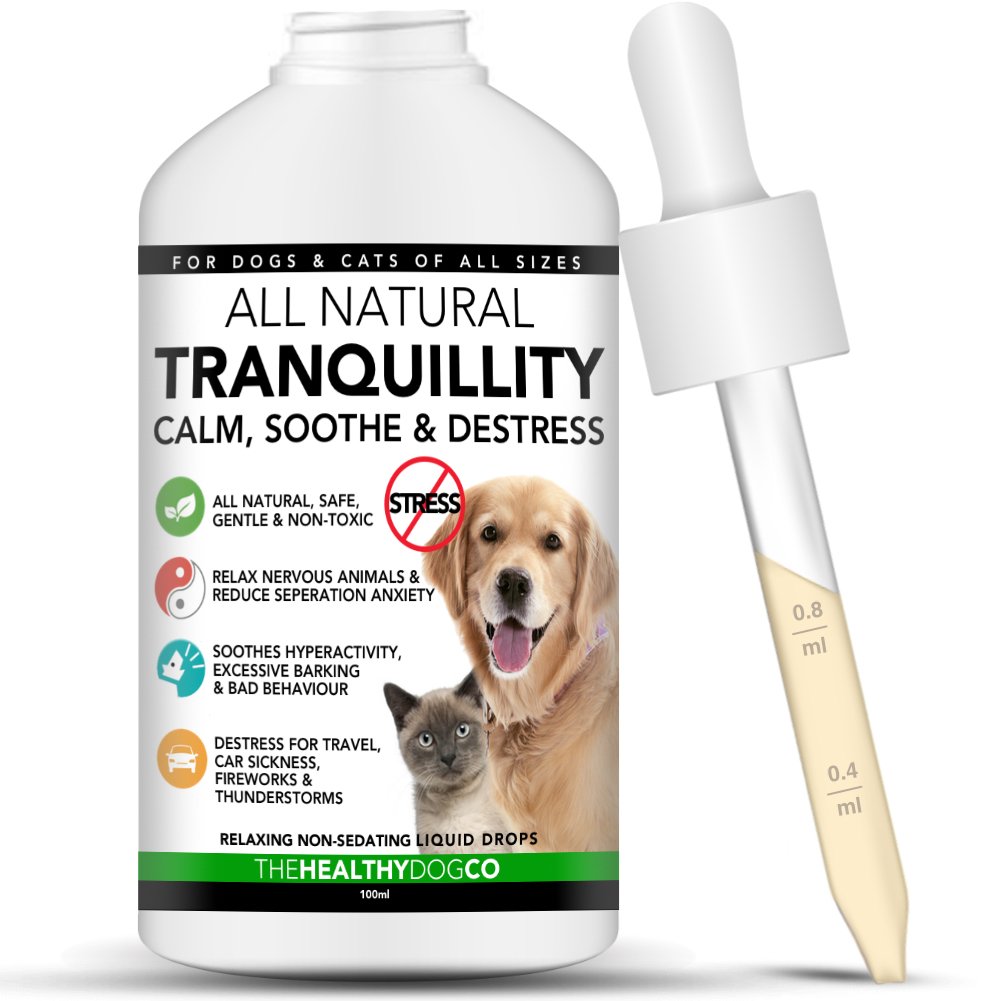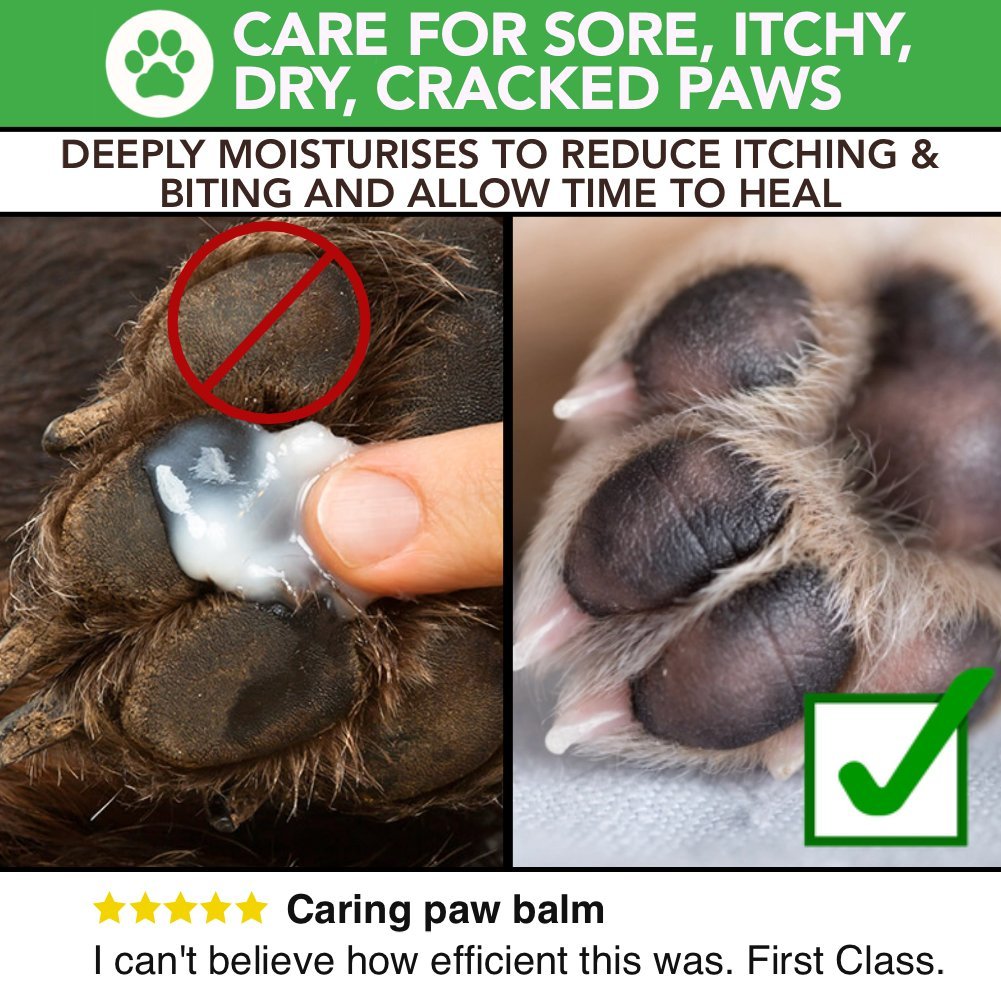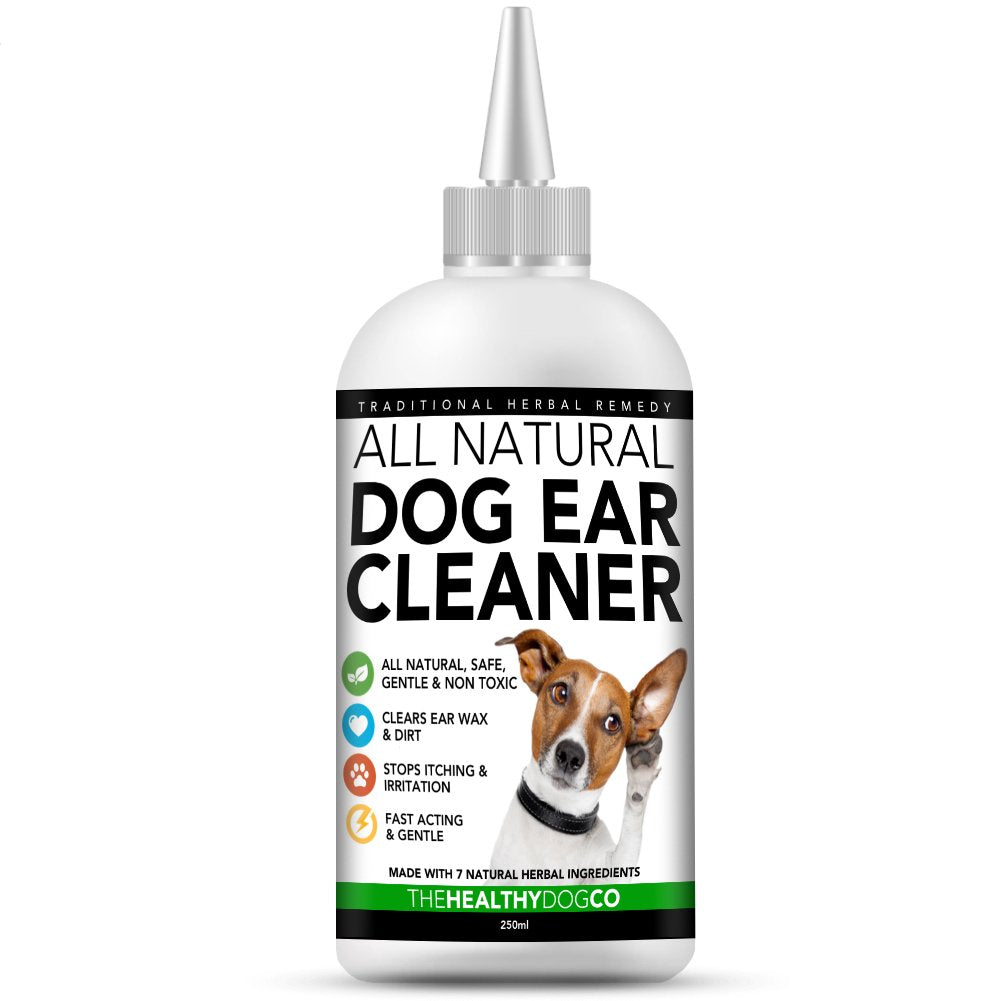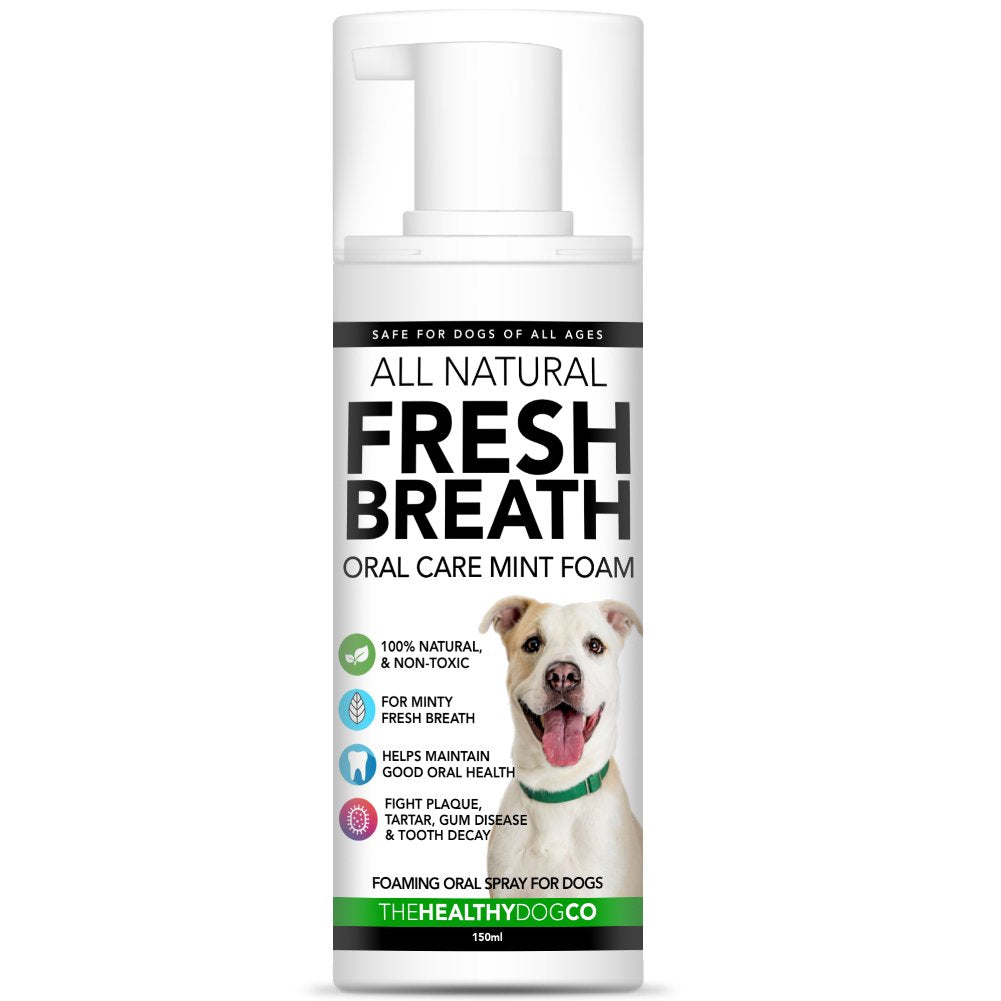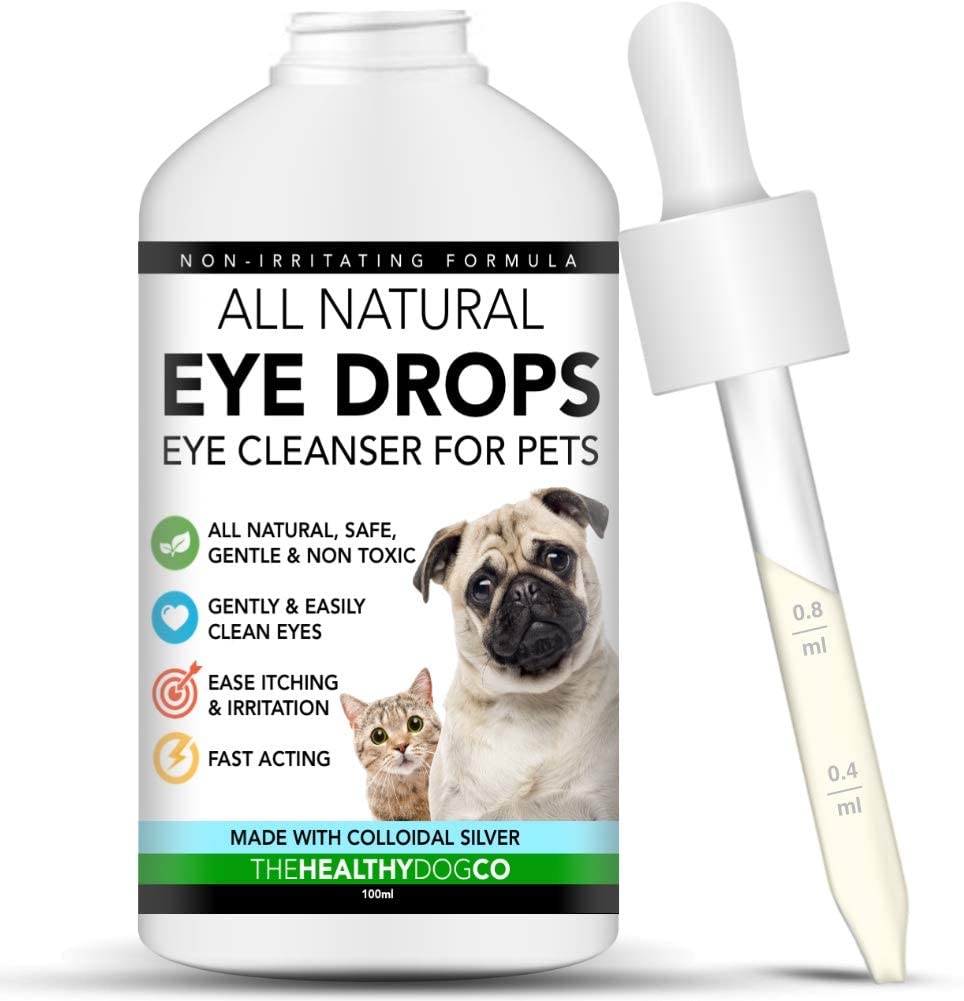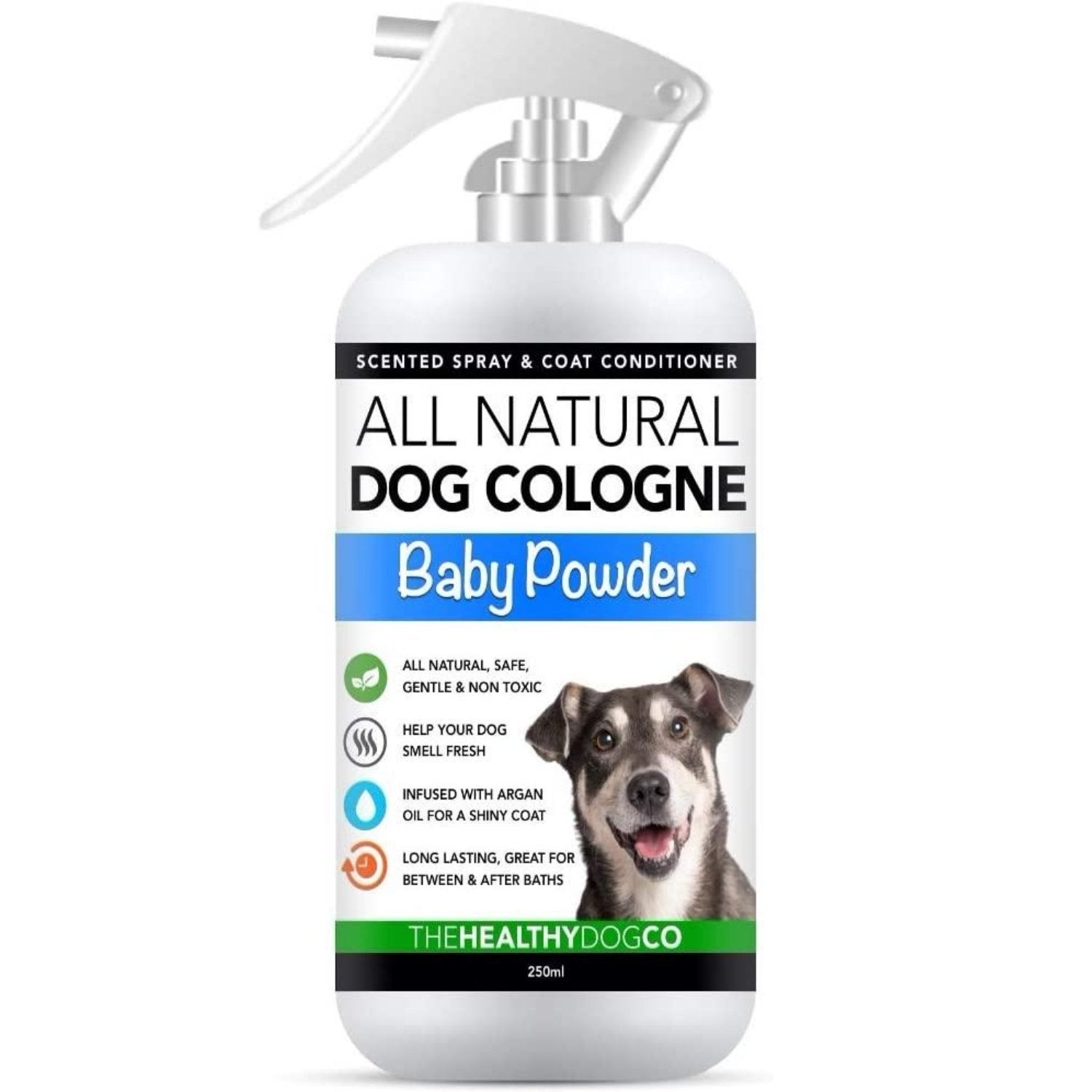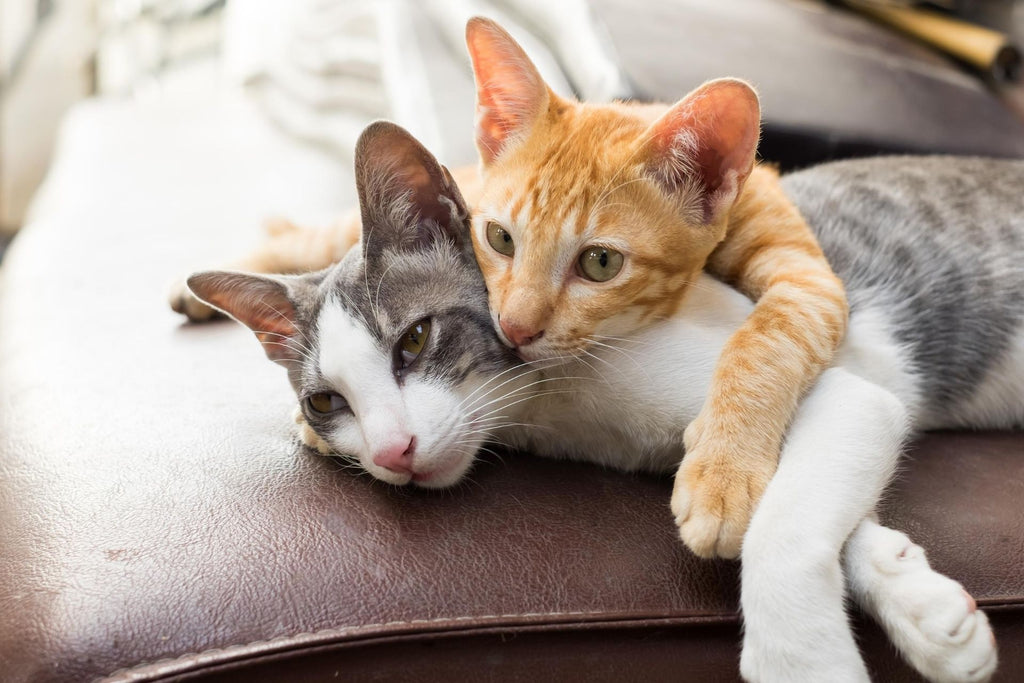
Heartworm in Cats: Causes, Symptoms and Prevention

You have probably heard about heartworm disease in dogs, but did you know that heartworm disease can also affect cats, ferrets, foxes, wolves, coyotes, and sea lions? Suspected cases of heartworm disease in cats are difficult to confirm. While there are medications approved for the treatment of heartworm disease in dogs, there are no approved heartworm disease medications for cats. Because heartworm medications used for dogs can cause serious side-effects in cats, cat heartworm prevention is especially important.
What Are Heartworms?

Heartworm disease is a potentially life-threatening condition in cats caused by Dirofilaria immitis, a parasitic worm. These parasitic worms are called heartworms because they inhabit the heart, lungs, and associated blood vessels in the animals they infect.
Cats are infected with heartworms when an infected mosquito bites them. Up to 30 species of mosquitoes can carry and transmit heartworms to cats. Heartworms cannot be transmitted directly from one cat to another or from a dog to a cat.
Heartworm disease is much less common in cats than it is in dogs because cats are naturally resistant to it. Research shows that the rate of heartworm disease in cats is 5-20% of the rate seen in dogs within the same geographical location. Indoor-only cats can become with heartworm as well as cats who go outside. When cats get heartworms, they usually have fewer than dogs with less than six living within a cat's body. A cat is most at risk of being infected when mosquitoes are feeding actively. This usually requires temperatures to be at or above 50 degrees Fahrenheit.
Heartworm Disease Symptoms in Cats
Most of the heartworm disease in felines is a result of the inflammatory response the worm causes in the body. A cat's immune system is very reactive to heartworms. Because a cat's immune system removes microfilariae (baby heartworms) from the body quickly, they are rarely seen in a feline's bloodstream.
There are two times during the heartworm's lifecycle a cat is most likely to experience clinical symptoms of heartworm disease. The first is when the immature worms reach a cat's pulmonary arteries and lungs. This occurs as soon as 75 to 90 days after a cat is infected with heartworm. These small heartworms cause an inflammatory response. When inflammatory cells enter the lungs, they interfere with a cat's breathing ability.
Cats may also experience symptoms when a worm dies. Because cats are not a natural host for heartworms, immature worms that reach the lungs are often killed by a cat's immune system. The dead worm causes an inflammatory response in the body, which can lead to symptoms of heartworm disease.
Symptoms of heartworm disease in cats are often vague and subtle. The most common clinical signs of heartworm disease in cats include vomiting, lack of appetite, weight loss, coughing or asthma-like attacks, and rapid breathing. Some cats may have difficulty walking, faint, experience fluid build-up in the abdomen, or have seizures.
Some cats with heartworm disease develop the heartworm-associated respiratory disease (HARD), a condition that mimics feline asthma, with breathing difficulties, coughing, vomiting, and shallow and rapid breathing. Acute respiratory distress may occur.
Unfortunately, the first sign of disease in some cats is sudden collapse or death.
How Is Heartworm Disease Diagnosed in Cats?
Veterinarians can use several tests to help them determine if a cat might have heartworm disease. Unfortunately, diagnosing heartworm disease is not as easy to do in cats as it is in dogs.
Heartworm Antibody Test: The heartworm antibody test is typically used first as it is the most sensitive test for cats. The test can tell a veterinarian whether a cat's immune system has been exposed to heartworms. A positive result may mean that a cat has an active heartworm infection, but it could also mean that a cat had heartworms that died an unknown period of time ago. It's believed that cats possess heartworm antibodies for two to four months following heartworm death.
Heartworm Antigen Test: The heartworm antigen test is very specific, but it is not as sensitive as the antibody test. The antigen test looks for the presence of adult female heartworms in a cat's body. While a positive result indicates a cat has an active heartworm infection, a negative result does not necessarily mean a cat doesn't have heartworms.
The test requires that at least two adult female heartworms be present in the body for a cat to test positive for heartworms. A negative result may indicate that a cat doesn't have heartworms, but a negative result can also occur if a cat has immature female worms or only adult male heartworms. A significant number of cats receive a false negative result with this test.
Eosinophil Count: Eosinophils are a type of white blood cell that increases in response to the presence of specific parasites. Eosinophils increase in cats when heartworms are present; however, eosinophils also increase when cats have allergies or other parasites, such as fleas or intestinal parasites.
Microfilariae Test: A blood sample can be tested for microfilariae, but only 20% of cats with heartworms have microfilariae in their blood.
X-rays: X-rays allow a veterinarian to measure the diameter of the pulmonary arteries, which often increase in size in cats with heartworms. However, not all cats with heartworms show pulmonary artery abnormalities.
Cardiac Ultrasound: A cardiac ultrasound allows a vet to see a cat's heart and surrounding blood vessels. Though it doesn't happen often, if a cat has adult heartworms, a vet can see them in the heart with an ultrasound.
How Is Heartworm Disease in Cats Treated?
Unfortunately, there are currently no medications approved by the United States Food and Drug Administration (FDA) for the treatment of heartworm in cats. In some cases, the medication used to treat heartworm disease in dogs is used for cats; however, this medication can have serious side effects for cats, such as sudden lung failure and death.
Some veterinarians choose to monitor a cat with heartworms to see if the infection will clear on its own. If cats encounter a crisis, a corticosteroid, such as prednisolone, and oxygen therapy can be given. After a crisis has passed, a cat may continue to receive a corticosteroid to help manage symptoms. However, the risk of a medical crisis or sudden death still exists.
In severe cases of heartworm disease in cats, surgical removal of the worms may be an option. Unfortunately, up to 40% of cats will die either during or after the surgery, so this option is reserved for only the most severe cases.
Given that diagnosing heartworm in cats is difficult and that there are no good treatment options for heartworm in cats, veterinarians recommend that all cats receive heartworm prevention. Cats who live in areas where mosquitoes are active all year should receive continuous prevention while cats who live in colder areas should receive heartworm prevention at least six months out of the year.
Kittens and adult cats have an equal risk of getting heartworms. Indoor-only cats, as well as cats who venture outdoors, can get heartworms. Therefore, it's recommended that you begin your kitten on heartworm prevention as soon as the product allows for it.
Heartworm Prevention for Cats
All heartworm preventives work by eliminating immature heartworms from the body before they can become problematic. Because heartworms can mature into adults in as little as 51 days, it is essential to give heartworm preventives on schedule.
In addition to protecting a cat from heartworms, some heartworm prevention products also protect cats against other internal parasites, such as whipworms, hookworms, tapeworms, and roundworms and external parasites, such as ticks, fleas, ear mites, and the mites that cause scabies.
Owners who want to start their cats on heartworm prevention should talk to their veterinarians. Older kittens and adult cats are typically tested for heartworm before a prevention program is begun because giving heartworm prevention medication to a cat with adult heartworms can cause serious, even fatal complications.
Once a cat has received a negative heartworm test, he or she can be started on a prevention program. Owners must purchase heartworm prevention medication from a veterinarian or a pharmacy with a prescription.
The dose of heartworm preventive a cat receives is based on weight rather than age. While many pills and topical applications are administered monthly, injectable heartworm preventives are given every six months. Owners should talk to their veterinarians to make a decision on which product would be best suited for their cat.
Though cats are not an ideal host for heartworms, when a cat is infected with the parasite, it can cause significant problems. Diagnosing heartworms in cats is challenging, and there are currently no good treatment options for cats who have heartworm disease. In fact, treating heartworms in cats is as risky as leaving them untreated. For these reasons, veterinarians recommend that cats start a heartworm prevention program as early as possible, even if they remain indoors full-time. Heartworm prevention is key for owners who want to keep their cats safe from this insidious parasite.
Featured Products
About The Healthy Dog Co
The Healthy Dog Co’s mission is to create products that dog and cat owners can trust with the health of their pets by only producing products with healthy, safe, all natural ingredients.
At The Healthy Dog Co, it’s all about giving your pet a healthy and happy life with All Natural Health, Happiness and Care Products.
Because Your Pet Deserves Better!
Shop our range of All Natural Healthcare Products for your Dog or Cat today!


